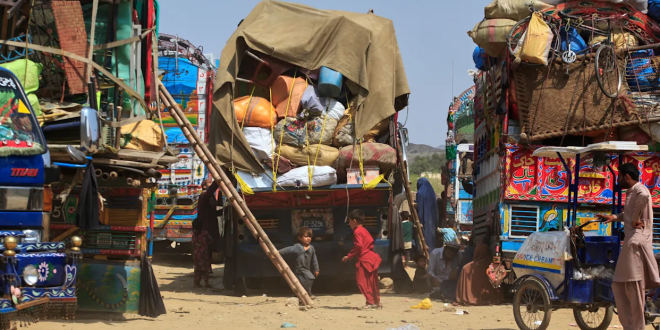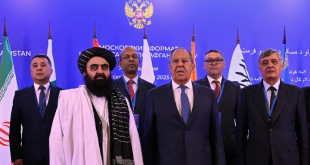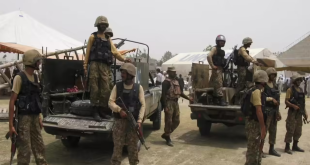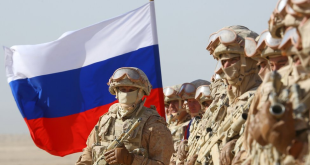KABUL – Afghanistan’s fragile stability could be at risk unless millions of refugees forced back from neighboring countries are fully reintegrated, a senior United Nations official has warned — framing the challenge as not just a humanitarian imperative, but a safeguard against future conflict.
Since January, an estimated 2.2 million Afghans — 60% of them children — have returned from Iran and Pakistan, according to U.N. data. Many arrive with little more than what they can carry, crossing dusty border posts into a homeland still reeling from climate shocks, economic collapse, and an entrenched humanitarian crisis. “If you come back to a country where resources are already scarce… this feeling of competition will grow and reduce social cohesion, which is like creating another root cause for war and conflicts,” said Stephanie Loose, country program manager at UN-Habitat, speaking in Geneva. “And the country has seen enough of that.”
Loose urged Afghans to see returnees not as a burden but as potential contributors to economic and social recovery, noting that many bring skills and experience from years abroad. Afghan authorities provide some immediate aid at the border — cash, food, shelter, medical care, and onward transport — but the scale of the influx threatens to overwhelm these efforts.
The Taliban government has appealed to Iran and Pakistan to halt mass expulsions and treat Afghans with dignity. Both countries deny targeting Afghan nationals, insisting they are removing only those living illegally.
For women and girls, the return can be especially harsh. Under Taliban rule, education for females is banned beyond grade six, most public sector jobs are off-limits, and movement is restricted without a male guardian. Loose warned that these policies not only harm individual freedoms but also weaken the country’s economic resilience.
“This is about preventing another cycle of instability,” she said. “If Afghanistan fails to bring these people into the fold, the consequences will not stop at its borders.”
 Afghanistan Times Latest News and Analysis from Afghanistan and the Region
Afghanistan Times Latest News and Analysis from Afghanistan and the Region




